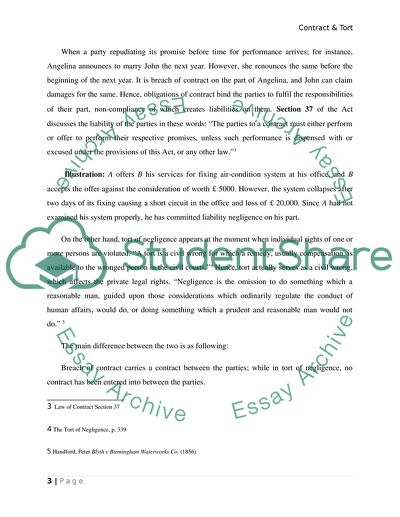Cite this document
(“ASPECTS OF CONTRACT AND NEGLIGENCE FOR BUSINESS -2- Essay”, n.d.)
ASPECTS OF CONTRACT AND NEGLIGENCE FOR BUSINESS -2- Essay. Retrieved from https://studentshare.org/law/1600248-aspects-of-contract-and-negligence-for-business-2
ASPECTS OF CONTRACT AND NEGLIGENCE FOR BUSINESS -2- Essay. Retrieved from https://studentshare.org/law/1600248-aspects-of-contract-and-negligence-for-business-2
(ASPECTS OF CONTRACT AND NEGLIGENCE FOR BUSINESS -2- Essay)
ASPECTS OF CONTRACT AND NEGLIGENCE FOR BUSINESS -2- Essay. https://studentshare.org/law/1600248-aspects-of-contract-and-negligence-for-business-2.
ASPECTS OF CONTRACT AND NEGLIGENCE FOR BUSINESS -2- Essay. https://studentshare.org/law/1600248-aspects-of-contract-and-negligence-for-business-2.
“ASPECTS OF CONTRACT AND NEGLIGENCE FOR BUSINESS -2- Essay”, n.d. https://studentshare.org/law/1600248-aspects-of-contract-and-negligence-for-business-2.


